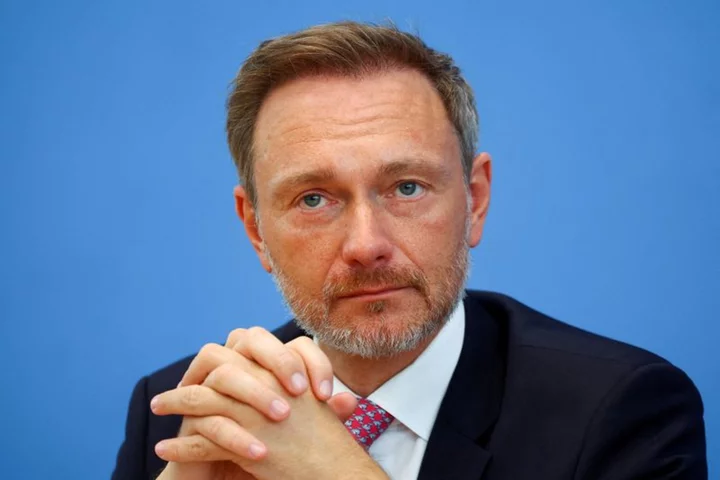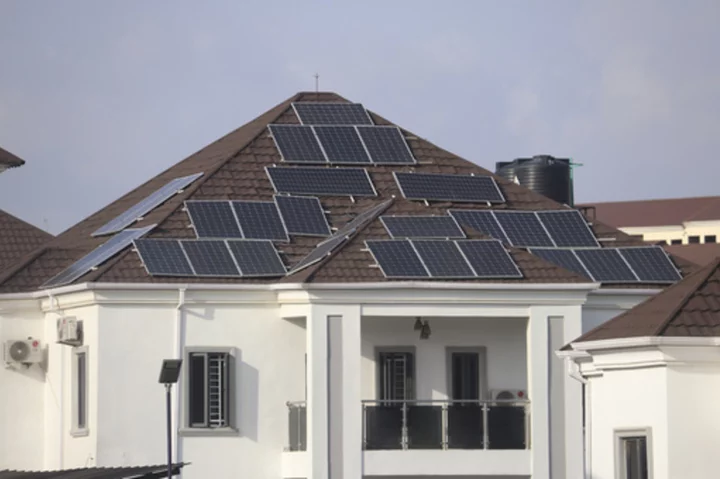By Holger Hansen and Maria Martinez
BERLIN (Reuters) -German Finance Minister Christian Lindner is planning 16.6 billion euros ($18.1 billion) of net new debt for the 2024 federal budget, which includes record spending on defence, finance ministry sources said on Monday.
The financial plan to 2027 shows new borrowing falling to 15.0 billion euros by that year. But the sources estimate there is still a gap of 14.4 billion euros in the medium-term budget plan as Lindner tries to balance fiscal responsibility with spending demands from within the three-party ruling coalition.
Expenditure of 445.7 billion euros is planned for next year, after 476.3 billion estimated for 2023. The plans include 54.2 billion euros in investments in 2024.
The finance ministry aims to submit a first draft of the 2024 federal budget and financial planning proposals to cabinet on Wednesday, after postponing presentations initially set for March and June due to disputes inside the coalition.
The months-long stalemate between the left-leaning Social Democrats, liberal Free Democrats and the Greens has at times exposed deep tensions within the government and cast uncertainty over spending plans in Europe's largest economy.
Germany plans to comply with NATO's 2% of gross domestic product (GDP) target for military spending in 2024, with 51.8 billion euros budgeted for defence and 19.2 billion in extra budgetary funds for the armed forces.
Germany's parliament suspended the constitutionally enshrined debt brake between 2020 and 2022 to allow for extra spending in response to the pandemic and the effects of the war in Ukraine.
This year, the debt brake was re-implemented. For 2023, new debt of around 45.6 billion euros is planned.
Next year, the debt break will limit the budget deficit to 0.35% of GDP.
The sources said interest costs were estimated at 36.9 billion euros in 2024, three billion less than planned for 2023.
WHY THE DELAY, AND WHAT NEXT?
Lindner postponed the presentation of the first draft without giving a new date, saying other ministers were asking for too much money for their departments.
The finance ministry says the budget needs to be reined in significantly following massive spending during the pandemic and due to higher energy costs as a result of the Ukraine war.
"Fiscal policy and monetary policy need to go hand-in-hand," Lindner has said repeatedly, referring to European Central Bank interest rate hikes to fight inflation.
Other ministries, however, have said they need more funds for digital transformation and the energy transition.
After Lindner's first proposal, a detailed budget draft could be sent to the Bundestag, or lower house of parliament, by mid-August at the latest.
In the first week of September, the Bundestag could then discuss the draft in a plenary session for the first time.
The Bundestag's deliberations involve three readings. Chancellor Olaf Scholz has promised it will pass a budget bill by the end of the year.
($1 = 0.9191 euros)
(Reporting by Holger Hansen and Maria Martinez. Editing by Emelia Sithole-Matarise and Mark Potter)









